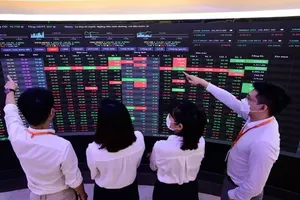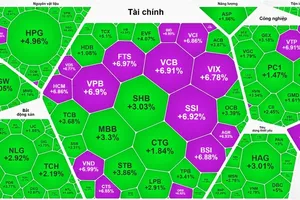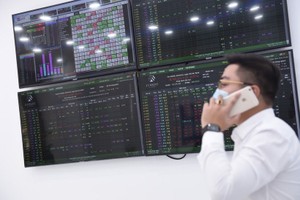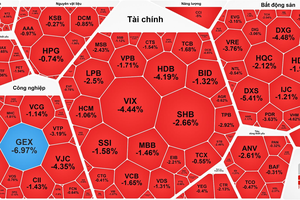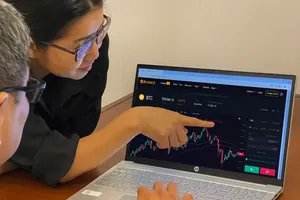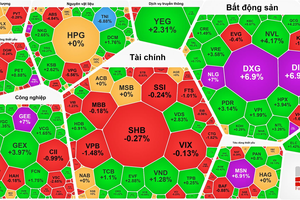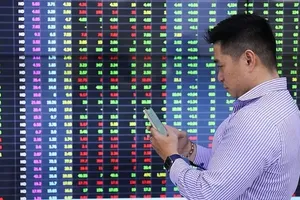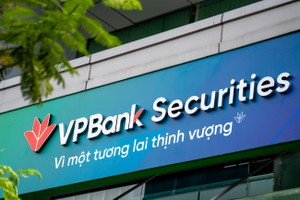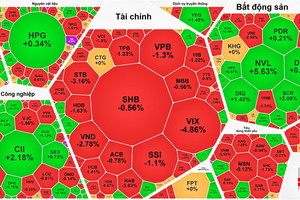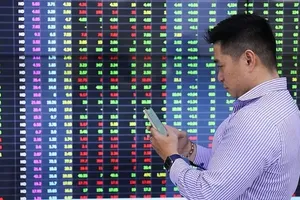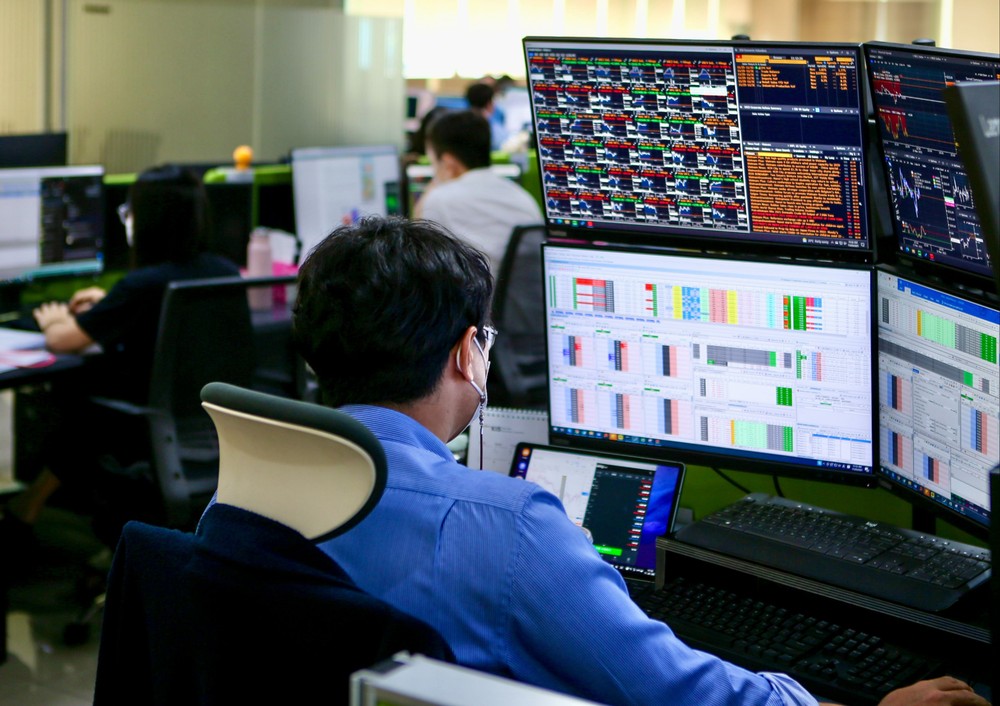
The recognition marks a major milestone in the development of the Vietnamese stock market (VNX), signaling growing global confidence and deeper integration with international capital flows.
Boosting market confidence and global standing
Economists hailed the reclassification as a psychological breakthrough for both domestic and foreign investors.
According to Mr. Pham Luu Hung, Chief Economist and Director of SSI Research, Vietnam has now met all formal criteria under FTSE Russell’s framework. However, the organization will conduct an interim review in March 2026 to assess several technical aspects, including the participation of global brokers—a key condition for enhancing foreign investors’ cross-border access and trading capabilities.
Mr. Gary Harron, Head of Securities Services at HSBC Vietnam, described the upgrade as evidence of Vietnam’s rising international stature. Shedding the frontier market label will deliver a major confidence boost, reshape the market’s long-term growth trajectory, and reduce dependency on any single trade partner.
“HSBC Global Research estimates that the upgrade could attract between US$3.4 billion and US$10.4 billion in foreign inflows, coming from both active and passive investment funds, he said.
Trading on October 8 reflected the upbeat sentiment. Market liquidity improved sharply, with foreign investors turning net buyers again—purchasing nearly VND234 billion worth of shares on the HOSE after 16 consecutive sessions of net selling. Although the VN-Index fell short of the 1,700-point threshold, it still reached a historic high of 1,697.83 points, surpassing the previous peak of 1,696.29 recorded on September 4.
All industry groups posted gains, led by blue-chip stocks. The VN-Index closed up 12.53 points at 1,697.83, while the HNX-Index also rose, finishing at 273.34 points.
Catalyst for broader economic growth
Looking ahead, Mr. Trinh Thanh Can, CEO of Kafi Securities, predicted a “blockbuster IPO wave” as numerous companies prepare to go public. Beyond the securities sector, leading players in F&B, agriculture, retail, and technology are reportedly planning major initial public offerings.
“Vibrant equitization and IPO activity will diversify market offerings, better reflect the structure of the real economy, and strengthen the market’s appeal to foreign investors,” he said.
Similarly, Mr. Nguyen The Minh, Director of Retail Analysis at Yuanta Securities Vietnam, noted that the upgrade will have a profound structural impact. The participation of global funds with stringent governance standards will compel listed firms to raise transparency and governance quality, thereby improving performance and investor trust.
Experts emphasized that, in the long term, the upgrade lays the groundwork for developing a multi-tier capital market—including bonds, derivatives, and international IPOs—aligned with higher-tier emerging market standards. On a macro scale, the move is expected to bolster Vietnam’s sovereign credit rating, lower capital costs, attract more foreign direct investment (FDI), and solidify the country’s position on the global financial map. The achievement is also seen as a stepping stone toward advanced emerging market status by 2030–2032.
Mr. Tran Hoang Son, Market Strategy Director at VPBank Securities, said the upgrade “will open the floodgates for large-scale capital inflows into Vietnam, stimulate corporate and economic growth, and help the stock market become a more efficient funding channel—supporting GDP growth targets of over 8 percent in 2025 and double digits in subsequent years.”
Finance Minister Nguyen Van Thang: Major leap in the quality of market development
Finance Minister Nguyen Van Thang described FTSE Russell’s decision as “a major leap in the quality of market development and integration,” highlighting it as the result of sound government policies and strong inter-agency coordination involving the State Bank of Vietnam and related ministries.
According to the Prime Minister–approved roadmap for market upgrading, Vietnam’s immediate goal was to meet all criteria for secondary emerging status under FTSE Russell by 2025. The next targets include maintaining this status, meeting MSCI’s emerging market standards, and eventually reaching advanced emerging classification under FTSE Russell by 2030.
“This upgrade is only the first step,” Minister Nguyen Van Thang said. “We have achieved a significant milestone, but higher goals lie ahead, requiring even stronger and more consistent implementation.”
